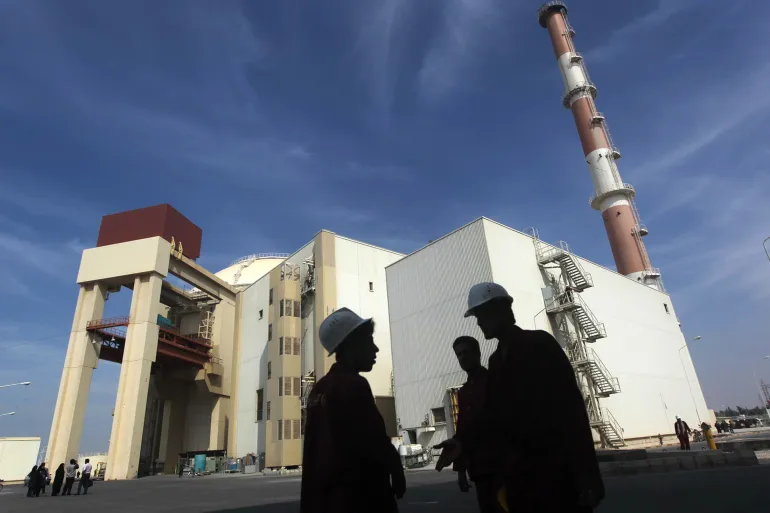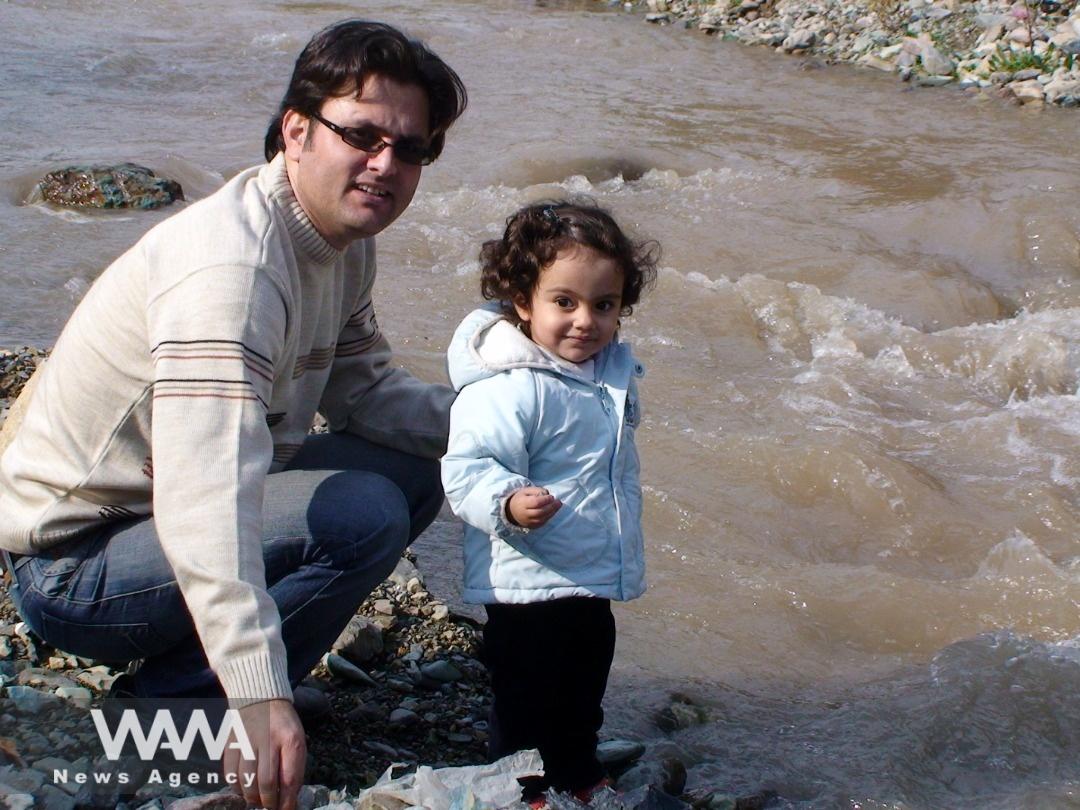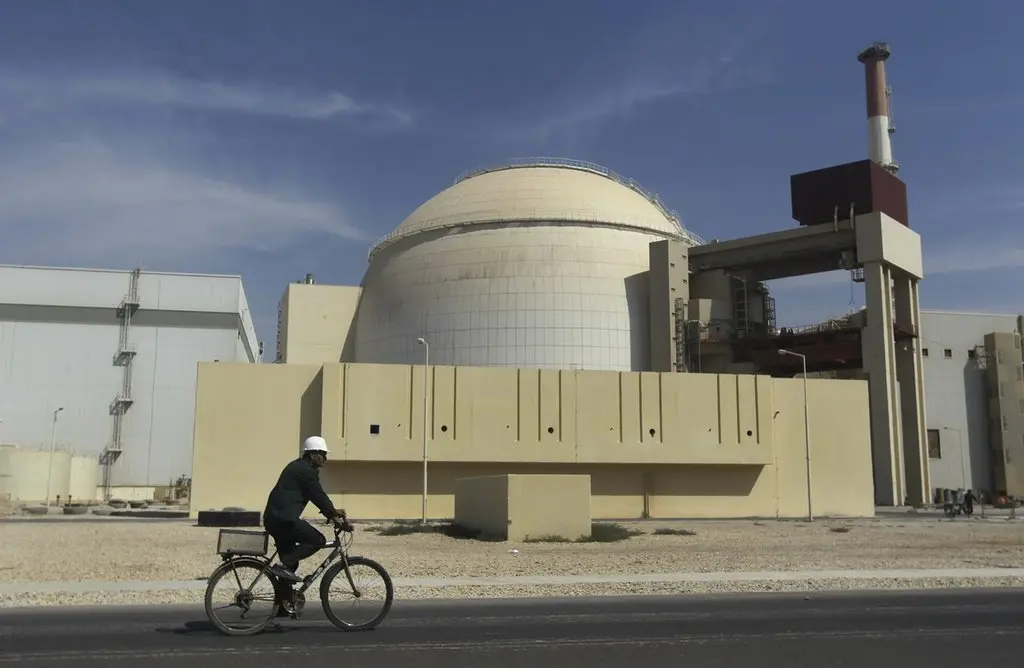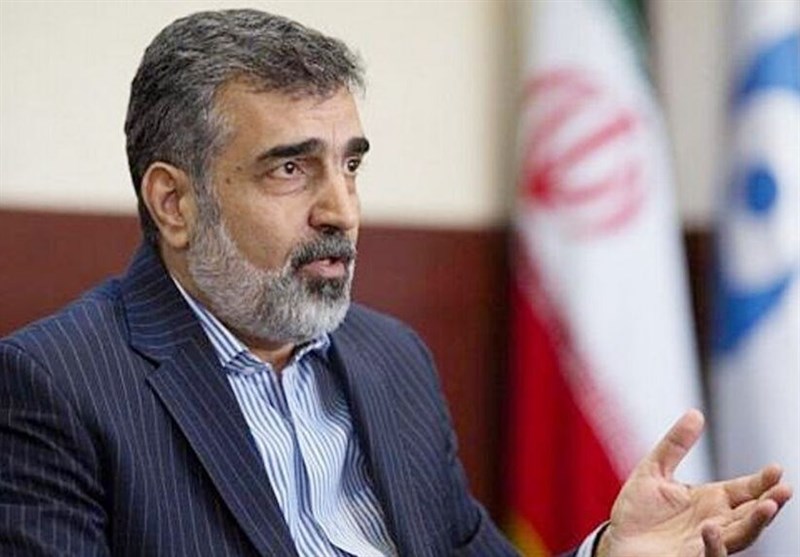Supreme Leader’s Take on Iran’s Uranium Enrichment: From Flexibility to Self-Sufficiency
WANA (Nov 25) – In his speech today to a gathering of Basij forces, Iran’s Supreme Leader referred to a pivotal historical event in the late 2000s regarding Iran’s nuclear negotiations:
“Those who managed to thwart America’s malicious plot concerning 20% enriched uranium, which the country desperately needed, were Basij members. Martyr Shahriari was a Basij member. Our nuclear martyrs were Basij professors in the country. It is a long story. We needed 20% enriched uranium for radiopharmaceuticals, which were a vital necessity. We had some uranium left from the past, but it was running out.
We had to buy it—from whom? The U.S.! The Americans demanded that we hand over all our 3.5% enriched uranium in exchange for 20% enriched uranium. They even enlisted two well-known presidents of major countries, who had good relations with us, to mediate this transaction. Our officials agreed at first. This was in the late 2000s. But it became clear that the Americans were deceiving us. We realized their scheme and stopped the process.

Iran’s Supreme Leader: Netanyahu Must Face Death Penalty, Arrest Not Enough
WANA (Nov 25) – On Monday, thousands of Basij members from across Iran met with Ayatollah Ali Khamenei, Iran’s Supreme Leader and Commander-in-Chief, as part of events marking Basij Week. During the gathering, Ayatollah Khamenei sharply criticized Israeli actions in Gaza and Lebanon, declaring, “What the Zionist regime has done is not a victory; […]
While they thought Iran would surrender due to its need for 20% enriched uranium, our Basij professors produced it domestically. The Americans couldn’t believe it. The hardest part of uranium enrichment is reaching 20%. After that, it’s much easier.”
The Supreme Leader referred to the Tehran Declaration, signed on May 17, 2010, by Mahmoud Ahmadinejad, Recep Tayyip Erdoğan, and Luiz Inácio Lula da Silva, the then-presidents of Iran, Turkey, and Brazil, respectively.
According to the declaration, Iran agreed to exchange 1,200 kilograms of its 3.5% enriched uranium, monitored by Iran and the IAEA in Turkey, for 120 kilograms of 20% enriched uranium from the Vienna Group (Russia, France, the U.S., and the IAEA). Ramin Mehmanparast, then spokesperson for Iran’s Foreign Ministry, announced that a letter would be sent to the IAEA within a week, signaling Iran’s readiness for the exchange.

The reactor building at the Bushehr nuclear power plant. Majid Asgaripour/ WANA News Agency
However, the U.S. responded unfavorably to Iran’s flexibility. In June 2010, the UN Security Council adopted Resolution 1929 against Iran, marking one of the harshest sanctions regimes. Turkey and Brazil voted against the resolution, while Lebanon abstained, and the remaining members supported it.
Ali Akbar Salehi, the head of Iran’s Atomic Energy Organization at the time, later wrote about the declaration in his book A Passage Through History:”After the Tehran Declaration was reached between Iran, Brazil, and Turkey, the Americans launched a campaign against us. Hillary Clinton, the then U.S. Secretary of State, led intense efforts at the UN Security Council, resulting in the adoption of Resolution 1929, the harshest resolution against Iran. Despite Iran’s goodwill in cooperating with Turkey and Brazil, the Americans once again showed their untrustworthiness and reneged on their commitments.”

Armita: “he was a scientist who had nothing to do with violence”
WANA (Mar 06) – During his recent trip to Tehran, Rafael Grossi was the guest of a number of nuclear experts and the families of nuclear scientists who were assassinated. At the banquet organized by Iran’s atomic agency, Armita Rezaeinejad, the daughter of one of the nuclear scientists who was assassinated by Israel, according to […]
Salehi also revealed that Turkey and Brazil, disappointed by the U.S.’s actions, leaked a letter from then-President Barack Obama encouraging them to mediate with Iran. This exposed the duplicity of the U.S., even towards its allies.
Saeed Jalili, Iran’s representative to the Supreme National Security Council, shared how Western officials mocked Iran’s claim to produce 20% enriched uranium:
“In October 2009, during negotiations with the same group, we requested to purchase the fuel, submitting letters over three or four months. They imposed conditions designed to deny us the fuel. Finally, we declared that if they wouldn’t provide it, we would produce it ourselves.

The reactor building at the Bushehr nuclear power plant. Majid Asgaripour/ WANA News Agency
I’ll never forget their mocking smiles in October 2009 when they said, ‘Go ahead and produce it if you can.’ They were right; it was challenging. But Martyr Shahriari accomplished this without demanding a single rial from the government. This was a symbol of a new civilization emerging.”
Iran’s Atomic Energy Organization pressed on. Today, Iran’s advancements in 60% uranium enrichment have alarmed the international community.
Following a recent resolution by three European countries (France, Germany, and the UK) alongside the U.S. at the IAEA Board of Governors on November 22, 2024, Iran ramped up its enrichment activities. Iran’s Atomic Energy Organization activated advanced centrifuge cascades, effectively countering IAEA Director General Rafael Grossi’s proposal to cap its 60% uranium stockpile.

Iran’s Atomic Energy Organization’s spokesperson : Western Pressure Fuels Iran’s Nuclear Expansion
WANA (Nov 23) – Behrouz Kamalvandi, spokesperson and deputy for international affairs at Iran’s Atomic Energy Organization, responded to Western actions at the IAEA Board of Governors meeting, stating that such pressures are ineffective and will only lead to an increase in Iran’s enrichment capacity. He remarked, “Every time a resolution is issued, fewer countries […]
Iranian officials assert that higher-level enrichment is a national right and a tool for scientific and technological progress. Former Atomic Energy Organization head Fereydoon Abbasi emphasized the need for higher enrichment levels to safeguard national interests and expand nuclear technology. He stated that developing new nuclear reactors for research is Iran’s undeniable right, criticizing the IAEA for consistently serving Western interests.
With advanced centrifuges and ongoing enrichment, Iran demonstrates resilience against international pressures, pursuing scientific and technological self-sufficiency. This strategy underscores a firm response to the West’s repeated breaches of past agreements and commitments.













User comments